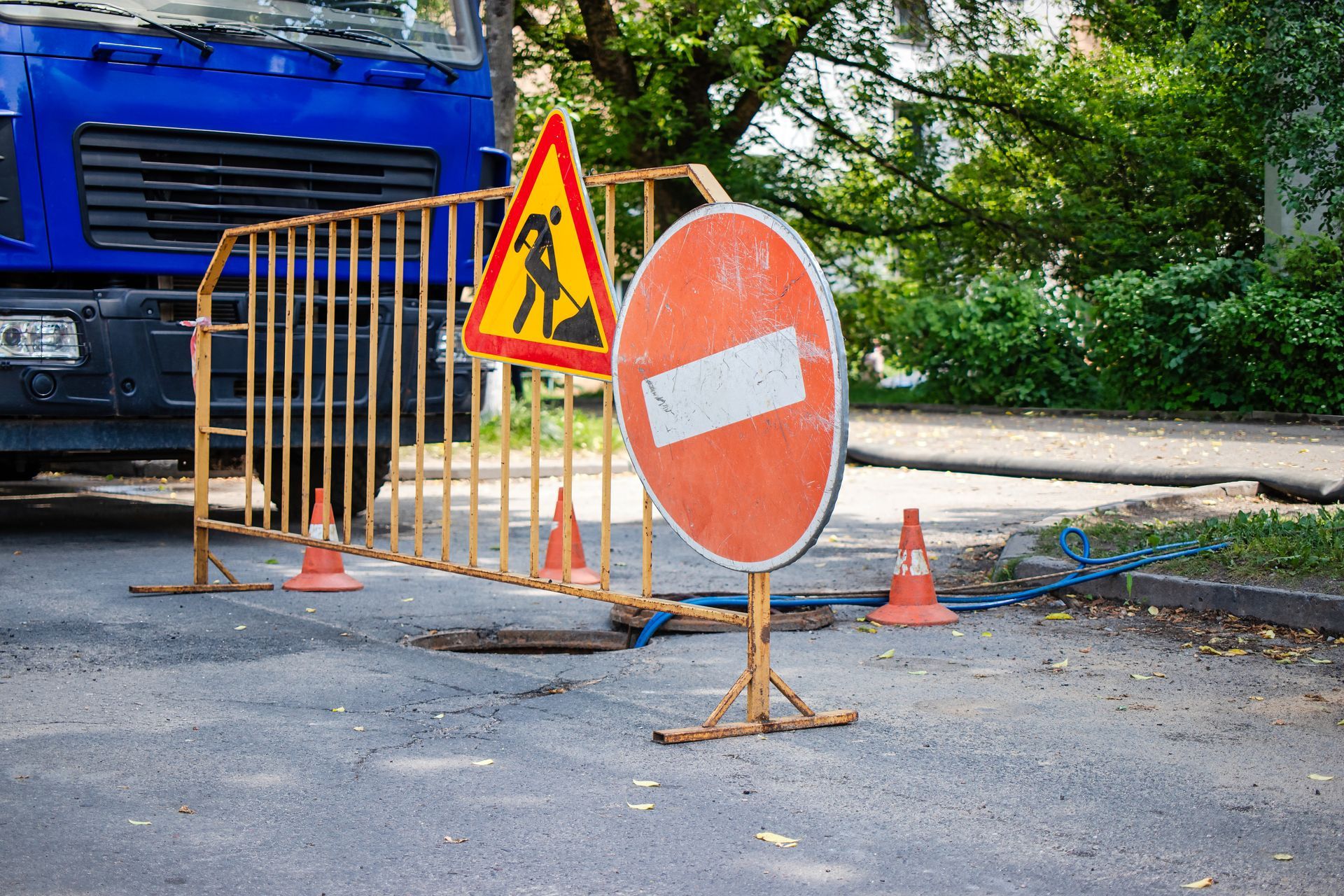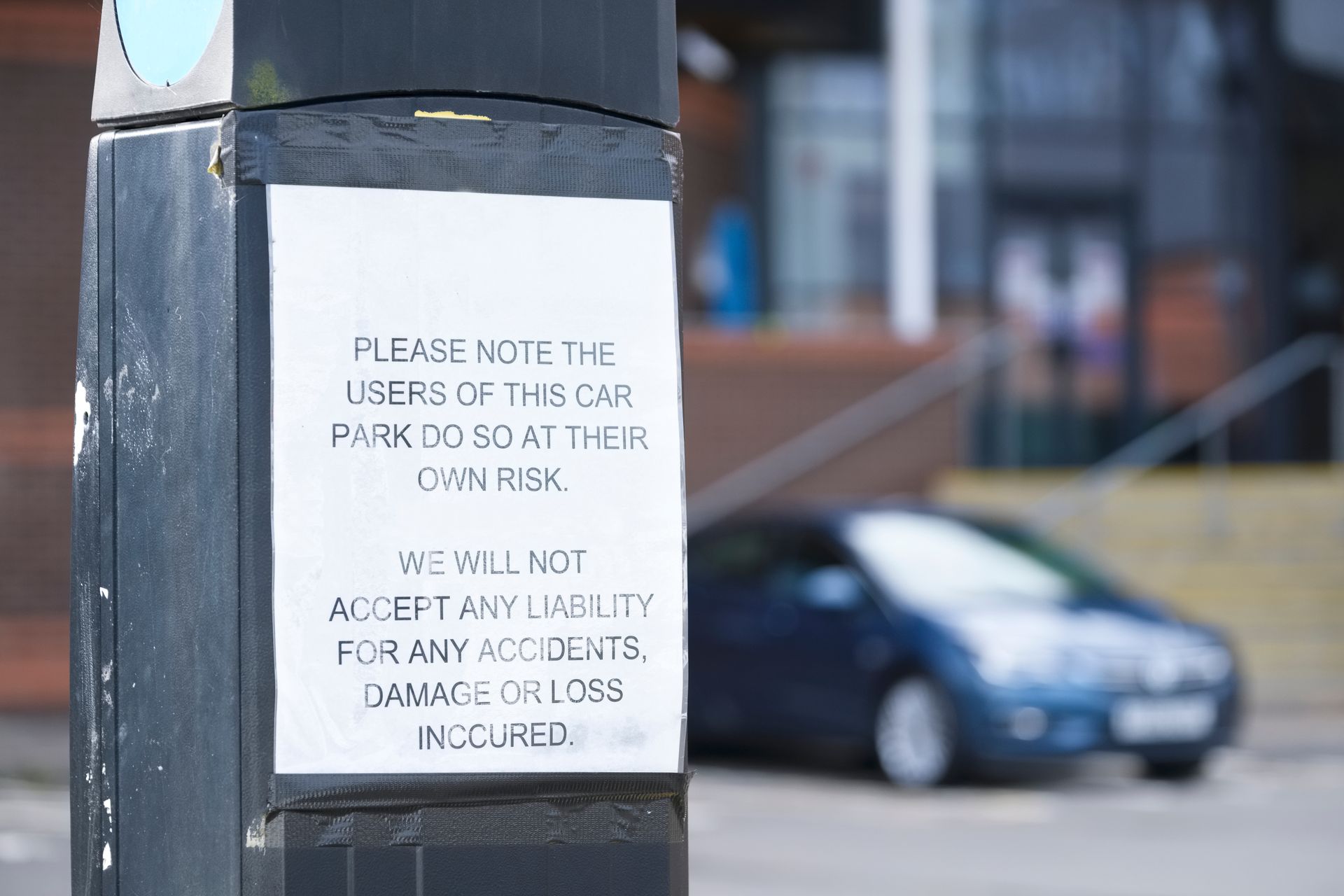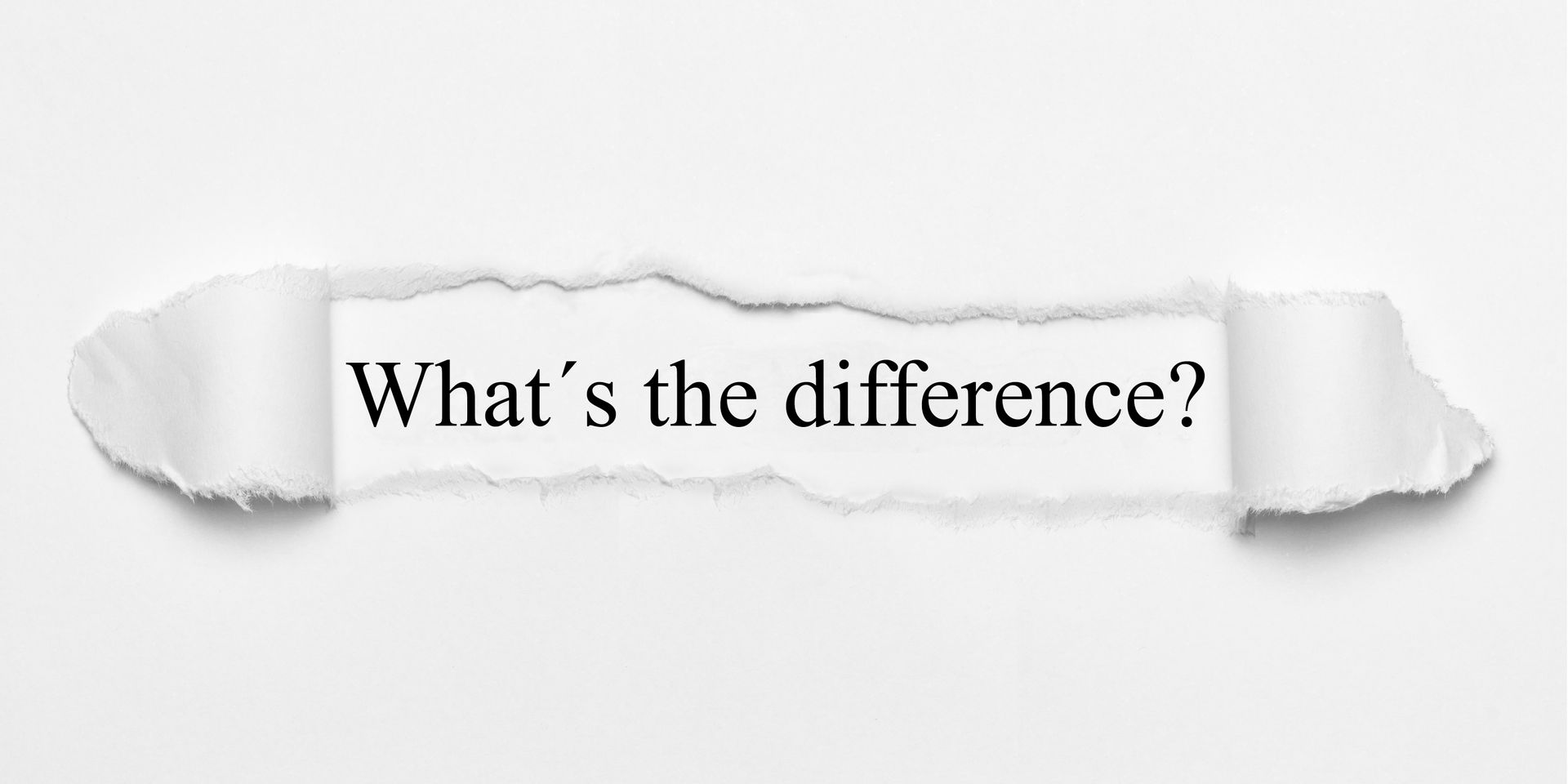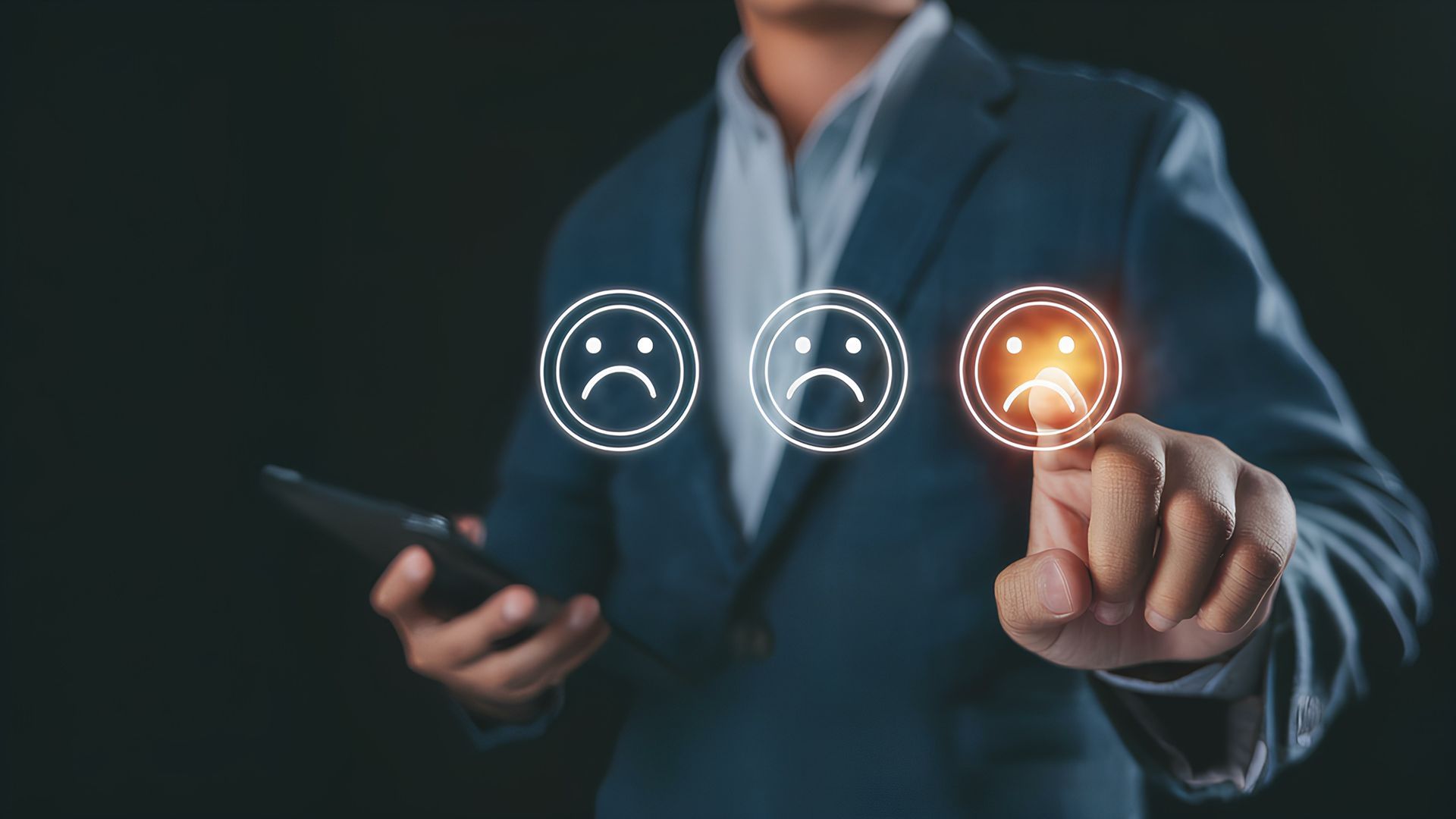Blog
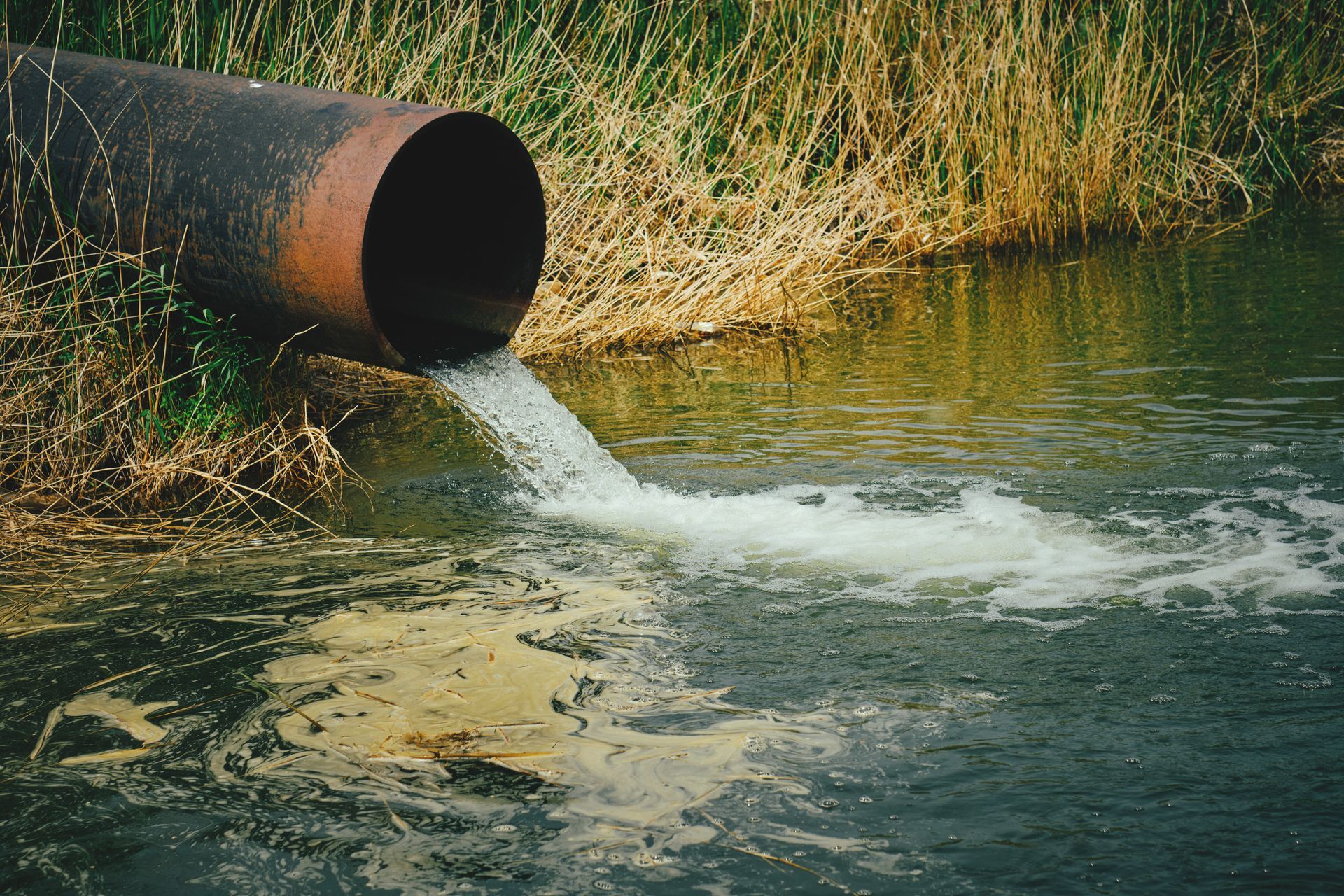
Toxic tort cases are complex legal battles that involve claims of harm caused by exposure to hazardous substances. These cases can have huge financial and reputational impacts on businesses. While it’s always preferable to have safety measures and processes in place to prevent these incidents from occurring, it’s also important to know how best to react if they do occur.
What Are Toxic Tort Cases?
A toxic tort is a type of personal injury lawsuit where the plaintiff alleges that you or your business is somehow responsible for their exposure to toxic substances, leading to an illness or injury. These cases often involve substances such as asbestos, benzene, pesticides, heavy metals and other chemicals.
Key Elements in a Toxic Tort Case
- Exposure: The plaintiff must prove that they were exposed to a toxic substance. This exposure could occur when they were on your business’s property, in their home or through environmental contamination.
- Injury:
The plaintiff needs to demonstrate that the exposure led to a specific injury or illness. This often involves medical evidence linking the toxic exposure to the adverse health effects.
- Causation: Establishing causation is one of the most challenging aspects of a toxic tort case. The plaintiff must prove that the exposure to the substance was the direct cause of their injury, which can be complicated by the latency of some diseases, pre-existing conditions or the symptoms or illness being attributable to something other than the alleged toxic exposure.
- Defendant's Liability: The plaintiff must show that the defendant is legally responsible for the exposure and their medical costs, psychological pain and suffering, lost wages or other damages. This can involve proving negligence, strict liability or breach of warranty, depending on the case.
Common Defenses in Toxic Tort Cases
Lack of Causation
One of the most effective defenses in toxic tort cases is challenging the causation link between the exposure and the injury. This often involves disputing the medical evidence or presenting alternative explanations for the plaintiff’s condition. Expert testimony from toxicologists, epidemiologists and medical professionals can be crucial in disproving causation.
Compliance with Regulations
Businesses can defend themselves by proving compliance with relevant safety regulations and standards. If a company has adhered to all applicable laws and guidelines for handling hazardous substances, it can argue that it has met its duty of care and should not be held liable for injuries caused by its products or practices.
Contributory Factors
In many cases, plaintiffs may have been exposed to multiple sources of hazardous substances. Demonstrating that other factors or exposures contributed to the plaintiff’s injury can help reduce the business’s liability. This defense often involves a thorough investigation into the plaintiff’s exposure history and health conditions.
- Statute of Limitations: Toxic tort cases are subject to a statute of limitations, which is a set time limit for filing a lawsuit after an injury is discovered. If a claim is brought after the legal deadline has passed, it may be dismissed. Defendants can use this defense if they can prove that the plaintiff did not file their claim within the required time frame after discovering their injury or illness.
- Product Misuse: Businesses may be able to prove the toxic substance was used in a manner that was not intended or was against safety instructions. For example, if a product was used improperly or in an unsafe way, the manufacturer or business might argue that it is not liable for the resulting injuries.
- Pre-Existing Conditions: In cases where the plaintiff had pre-existing health conditions, proving that these conditions were the primary cause of the injury can be an effective defense. This often involves presenting medical records and expert testimony to establish that the plaintiff’s illness was not solely due to exposure to the hazardous substance in question.
Implementing Defense Strategies
Conduct Thorough Investigations
Businesses should conduct comprehensive investigations into the claims against them. This includes reviewing exposure records, examining safety practices and gathering evidence related to the plaintiff’s health history. A thorough investigation can provide valuable insights and support the defense strategy.
Engage Expert Witnesses
Expert witnesses play a critical role in toxic tort cases. Engaging toxicologists, industrial hygienists and medical experts can help establish the lack of causation or highlight compliance with safety standards. These experts can provide testimony that refutes the plaintiff’s claims or supports the defense's position.
Develop a Comprehensive Safety Program
Implementing and maintaining a robust safety program can help prevent toxic tort claims. This includes regular training for employees, strict adherence to safety protocols and proper documentation of safety practices. A strong safety program demonstrates a commitment to preventing harm and can be a powerful defense in court.
Prepare for Discovery
The discovery phase of a toxic tort case involves gathering and exchanging evidence with the plaintiff. Preparing for this phase involves organizing documentation, preparing witnesses and making sure that all relevant information is available. Preparation can help businesses avoid surprises and strengthen their defense as a whole.
Get a Strategic Defense in Toxic Tourt Cases in Atlanta, GA
If your business is facing a toxic tort claim, the Law Office of Cameron Hawkins in Atlanta is here to help. Our corporate liability defense attorneys can provide the legal expertise and support you need to combat these allegations or reach a workable resolution.
Get your free case evaluation today or give us a call at 678-921-4225 and explore your options for a strong defense.







